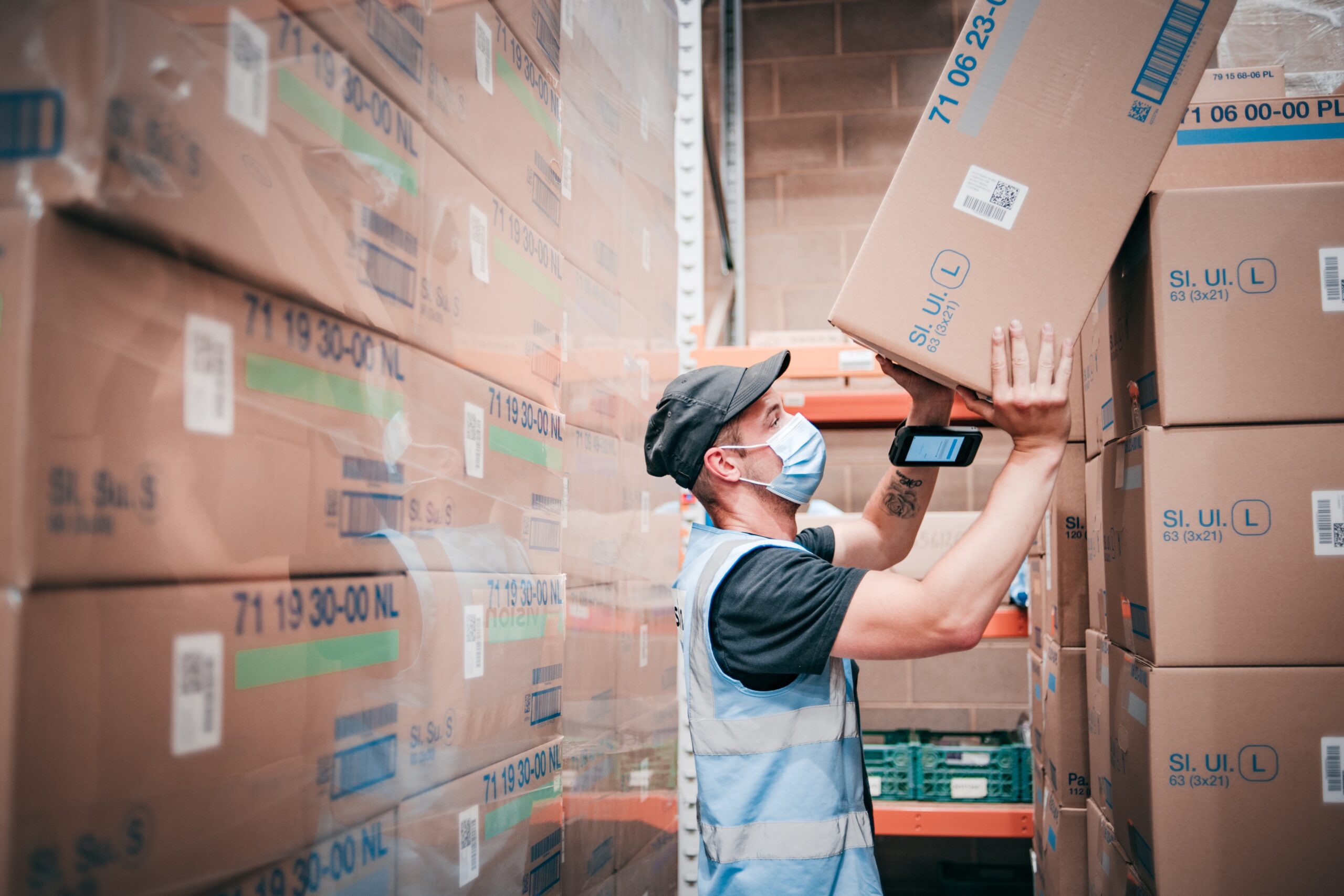In the realm of global trade, the shipping industry stands as the backbone of logistics, facilitating the movement of goods across oceans and continents. However, as demands for efficiency, sustainability, and reliability continue to rise, the industry is undergoing a transformative shift driven by innovative technologies. From blockchain to artificial intelligence, these advancements are revolutionizing traditional shipping practices, charting new waters for the future of logistics.
Blockchain technology has emerged as a game-changer in the shipping sector, offering unprecedented transparency, security, and traceability throughout the supply chain. By creating an immutable ledger of transactions, blockchain enables stakeholders to track the movement of goods in real-time, from production to delivery. This not only reduces the risk of fraud and counterfeit goods but also streamlines documentation processes, minimizing delays and paperwork.
Artificial intelligence (AI) is another key innovation revolutionizing shipping logistics. Machine learning algorithms analyze vast amounts of data to optimize vessel routes, predict maintenance needs, and improve cargo loading efficiency. AI-powered predictive analytics enable companies to anticipate demand, mitigate risks, and optimize inventory levels, enhancing operational agility and cost-effectiveness. Additionally, AI-driven chatbots and virtual assistants streamline customer service and communication, enhancing the overall shipping experience.
Internet of Things (IoT) technology is driving connectivity and automation in shipping operations. Smart sensors embedded in containers, vessels, and equipment enable real-time monitoring of temperature, humidity, and location, ensuring the integrity of perishable goods and high-value cargo. IoT-enabled devices also automate maintenance scheduling, detect equipment failures, and optimize fuel consumption, reducing downtime and operational costs while enhancing safety and reliability.
Furthermore, autonomous shipping technologies are poised to revolutionize maritime logistics in the coming years. Unmanned surface vessels (USVs) and autonomous underwater vehicles (AUVs) offer cost-effective and environmentally friendly alternatives to traditional manned vessels for tasks such as surveying, mapping, and ocean exploration. While fully autonomous cargo ships are still in the experimental stage, ongoing research and development efforts hold the promise of safer, more efficient, and sustainable shipping operations in the future.
Collaborative platforms and digital marketplaces are facilitating greater transparency and efficiency in global shipping networks. Online freight marketplaces connect shippers with carriers, brokers, and freight forwarders in real-time, enabling dynamic pricing, capacity optimization, and on-demand shipping services. Additionally, digital platforms for documentation and trade finance streamline administrative processes, reducing paperwork, errors, and processing times.
The adoption of sustainable shipping technologies is also gaining momentum as companies seek to minimize their environmental footprint. From alternative fuels such as liquefied natural gas (LNG) and biofuels to energy-efficient vessel designs and shore power facilities, the industry is embracing innovative solutions to reduce emissions and promote eco-friendly practices. Moreover, initiatives such as the International Maritime Organization’s (IMO) greenhouse gas reduction targets and the Poseidon Principles are driving investments in clean technologies and sustainable shipping practices worldwide.
In conclusion, innovations in shipping technology are reshaping the landscape of global logistics, offering unprecedented opportunities for efficiency, sustainability, and competitiveness. By harnessing the power of blockchain, artificial intelligence, Internet of Things, autonomous shipping, and collaborative platforms, companies can navigate new waters of opportunity and chart a course towards a more efficient, resilient, and sustainable future for the shipping industry.



